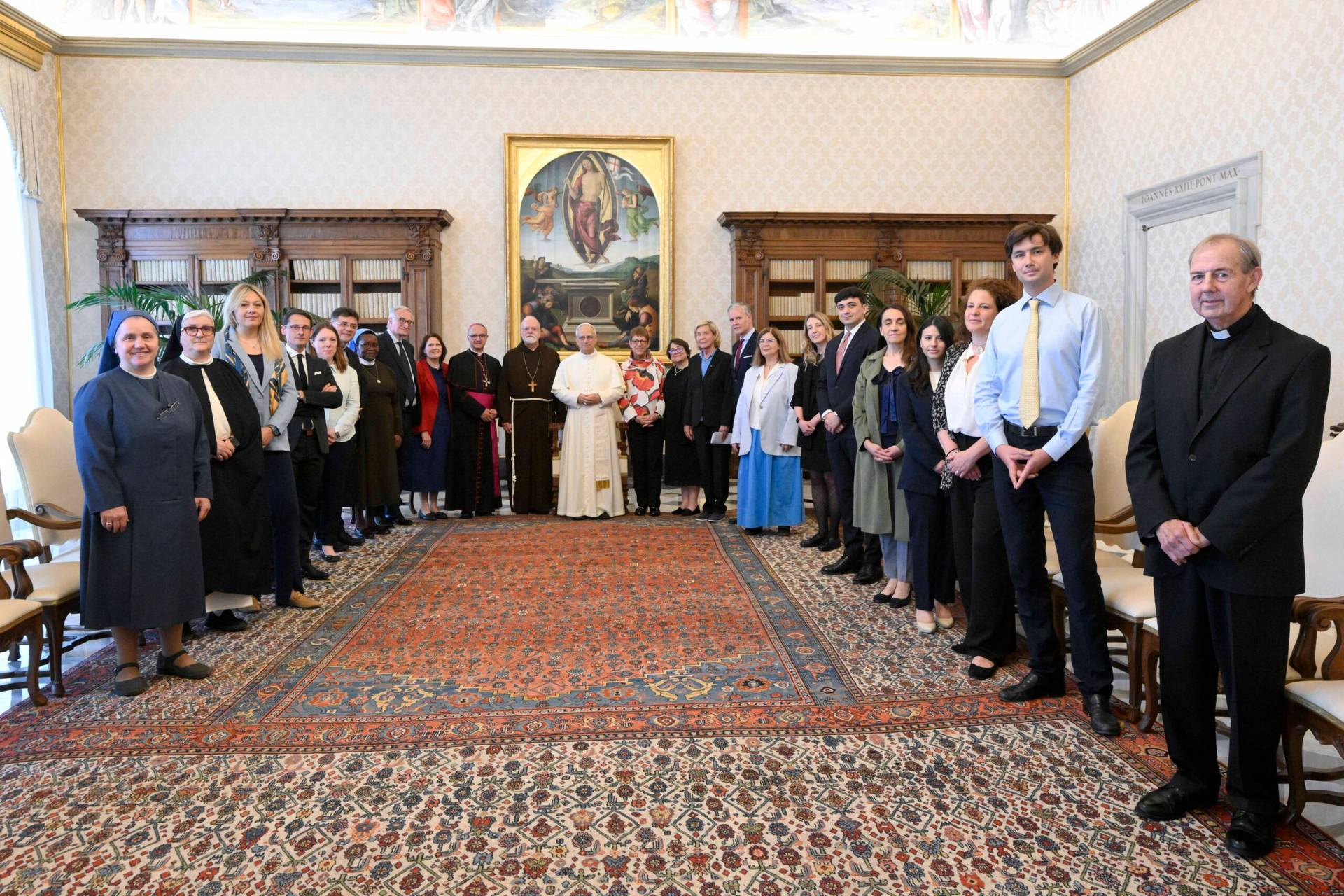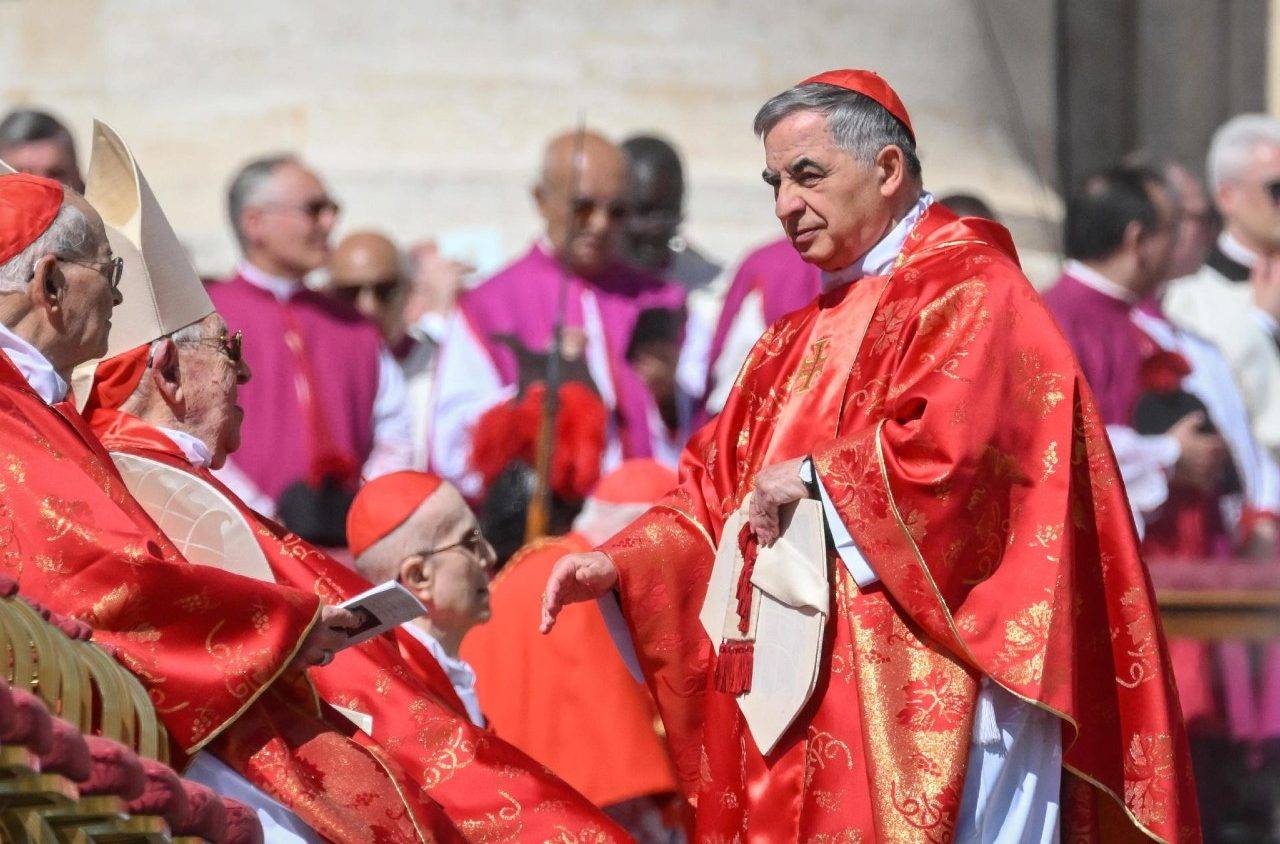ROME – Wednesday’s big Vatican story was clearly the announcement that Pope Francis has summoned all the presidents of national conferences of Catholic bishops from around the world, more than 100 prelates in all, to Rome Feb. 21-24 for a session on “the protection of minors.”
The immediate reaction was to assume this was a Vatican effort to reshape the narrative about Francis and the Church’s clerical sexual abuse scandals, after what has been an exceptionally brutal month.
It began with the Pennsylvania grand jury report in mid-August, and it culminated with a bombshell accusation two weeks ago from his former ambassador in the U.S. that Francis knew about sexual misconduct allegations against former Cardinal Theodore McCarrick five years ago and ignored them.
For sure, the February meeting has “not business as usual” written all over it. It’s rare for the Vatican to summon all the presidents of the world’s bishops’ conferences for any reason, and it’s the first time ever the Vatican has convened such a cross-section of senior leadership to talk about the abuse crisis.
What the pope and his advisors may have had in mind going this route is the example of Chile. As that country’s abuse crisis heated up in 2016 and 2017, Francis was widely perceived as hostile to victims, even accusing them of “calumny” in January of this year for continuing to criticize a bishop they believe has covered up for their abuser.
Things turned around quickly, however, when Francis summoned all the bishops of Chile to Rome in May, at the end of which they all turned in their resignations. The pope also read the Chilean prelates the riot act, bluntly charging that some of them were guilty not merely of turning a blind eye but of active participation in cover-ups, such as destruction of evidence to impede criminal probes.
The net effect was to suggest that Francis had gone from being part of the problem to key to the solution, and it more or less snuffed out what had been a potential media bonfire. Since then some of that momentum has diminished as Francis has only accepted the resignations of five of those bishops, and without any public explanation as to why. Despite that, many people a month ago still would have given him the benefit of the doubt.
By way of analogy, Francis and his team may be thinking that summoning presidents of bishops’ conferences could have the same tonic effect on the current atmosphere, projecting images of a pope resolved to get this right.
What they may not fully realize, however, is how much bigger this is than Chile. In fact, this may well be the highest-stakes gamble of Francis’s papacy, because if this goes wrong, the consequences could be crippling on a global scale.
Over the last five and a half years, dozens of times I have found myself in conversations – sometimes with Church people, sometimes with colleagues in the media, sometimes on the lecture circuit – the subject of which is, “Can anything end the public love affair with this pope?”
Francis is such a compelling, inspirational figure, it’s always been a tough question to answer. Usually, I would say something like the following: “If the pope came to be perceived as dirty on the abuse mess, that might be the only thing that could do it.”
Now, that’s precisely the point we seem to be at: People are asking if the pope really means what he says about reform, and if he personally is culpable for covering up abuse.
The only way out would seem to be two-fold.
First, the Vatican is going to have to disclose what it knew, and when it knew it, beginning with the McCarrick case. Today, Francis will meet the leadership of the U.S. bishops’ conference to discuss their call for an investigation of the McCarrick saga, and it’s hard to know how questions about the Vatican’s end of things could be taken off the table a priori without draining the exercise of credibility.
(Granted, Cardinal Daniel DiNardo of Galveston-Houston, president of the American conference, is now reeling himself from accusations that he failed to respond to accusations against one of his priests arrested this week on sexual abuse charges. However, no matter who’s leading the conference, the questions about McCarrick aren’t going away.)
Second, the Vatican will also have to address what most observers regard as the Church’s glaring piece of unfinished business, which is creating and enforcing the same strong accountability for the cover-up as for the crime.
Today, it’s clear that if a Catholic cleric is accused of abuse of a child, an investigation is automatic and punishment, if the accusation is found to be credible, swift and severe. It remains far less clear, however, what happens when a bishop or other Church superior is accused of covering up the crime – who would investigate, what process would be followed, and what punishment might be imposed remain great unknowns.
That gap in accountability is an open secret, and it’s the most prominent single point that advocacy groups and other critics make when they want to argue that the Church still hasn’t cleaned up its act.
Should the February summit come and go without perceived breakthroughs on those two fronts, then the take-away may be that this was a cynical cosmetic exercise, producing a sense of disillusionment from which even a formidable figure such as Francis might struggle to recover.
Is it reasonable to believe the Vatican could deliver significant steps forward on these two fronts by the end of February?
Maybe, maybe not, but it’s probably not the most encouraging sign to observe that neither of those words – “transparency” or “accountability” – even appears in Wednesday’s brief Vatican statement. It refers only to Francis summing the bishops to discuss “protection of minors.”
The fact that the recommendation to convene the summit came from the pope’s “C9” council of cardinal advisers, a group that includes Cardinal Sean O’Malley of Boston, who also serves as head of the Vatican’s Pontifical Commission for the Protection of Minors, may suggest that the intended focus is to encourage bishops’ conferences which haven’t yet done so to adopt anti-abuse policies. That’s been a top priority of O’Malley’s commission from the beginning.
While such policies clearly would represent a step forward, if that’s all the summit produces, they would fall far short of what many observers believe is required to count as real progress in the present circumstances — beginning with the survivors’ groups and watchdog groups who will be paying careful attention, and who will help shape the media narrative afterwards.
Also, the fact that the meeting is so short, just three days, and that participants aren’t pushovers but the elected leaders of national bishops’ conferences who likely won’t be amenable to having prefabricated outcomes just shoved down their throats, may make it difficult to accomplish much.
On the other hand, imagine if the summit really does deliver. All of a sudden, a reform pope who’s increasingly seen as having failed to deliver on several fronts, such as Vatican finances, would have accomplished what two previous popes didn’t, and would be seen as facing down the most serious crisis in Catholicism probably since the Protestant Reformation.
In other words, Francis has a great deal to lose if this goes wrong, and a great deal to gain if it goes right — the dictionary definition, therefore, of a high-stakes move.















